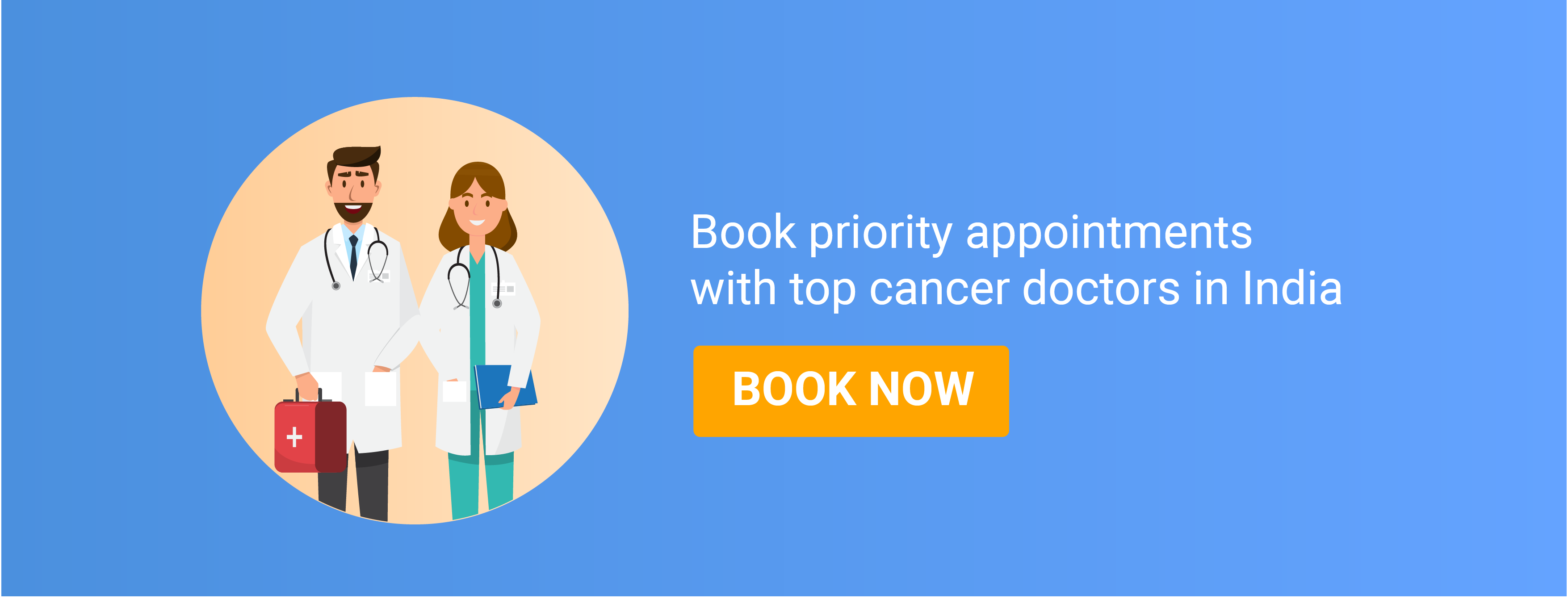It is said that ‘a stitch in time saves nine’. That is often true of medical procedures as well. Finding timely advice or treatment saves the patient from avoidable suffering, and sometimes even from loss of organs.
This is true in the case of Lakhya Hira Devi, a 66 year-old lady, residing in a remote village in Assam. A few years ago, when she was diagnosed with cancer, her doctor recommended a complete thyroidectomy – the surgical removal of a part of or the whole of the thyroid gland.
Her son, Debojit, was reluctant at first as he was not convinced with the diagnosis.
When lumps or swellings of these kinds are found on someone, under the skin, a procedure called Fine Needle Aspiration Process (FNAP) is usually recommended that checks if the lump is cancerous.
In the case of Lakhya Devi, her FNAP report suggested that she was suffering from Hurthle Cell Carcinoma. This is a rare type of cancer that affects the thyroid glands, which is butterfly-shaped and present at the base of the throat, and responsible for producing hormones that regulate the body’s metabolism.
With Hurthle Cell Carcinoma, the patient may have trouble swallowing food and breathing. Over time, the cancer could spread to other parts of the body as well.
With a diagnosis as serious as this, Lakhya Devi’s family relented to have her thyroid gland partially removed, although the initial recommendation from her doctor was to have it completely removed.

The Twist in the Tale
Post-surgery, a histopathological examination of a sample from the thyroid was conducted, and the report came back negative for cancer.
Extremely confused and dissatisfied with the recommended treatment plan, Debojit came about Onco.com, whom he contacted in June 2019. After discussions on his mother’s condition and case, Onco.com connected him with SL Raheja Hospital in Mumbai, where Dr. Anita Borges reviewed the biopsy samples and suggested that it was a simple case of goitre.
Goitre refers to the abnormal enlargement of the thyroid glands. The most likely cause of this is the deficiency of iodine. Though this is largely a painless condition, it could show similar symptoms to Hurthle Cell Carcinoma, including difficulty in swallowing and breathing.
Eventually, as fate would have it for Lakhya Devi, what should have ideally been treated with iodine therapy was replaced by a much more complex and completely irrelevant procedure like partial thyroidectomy.
Misinterpretations
A misdiagnosis of cancer can happen at various levels. Most of the symptoms of cancers are also shared by other diseases, often leading to confusion. This requires us to depend on lab tests and other screening tests for a more accurate understanding.
However, errors could also occur in pathological reports. For example, the biopsy needle may miss the cancer, leading to a negative report. This increases the importance of a second opinion, as the margin of error reduces with multiple evaluations.
In the case of Lakhya Devi’s family, they were already faced with a lot of limitations owing to their remote location, limited access to medical facilities, financial restrictions, etc, and a misdiagnosis ended up causing them loss of time and money, and most importantly any peace of mind for a short period of time.
Issues such as these are faced by a vast majority of cancer patients and caregivers in India. A misdiagnosis can cost this segment of cancer sufferers even more dearly than others with very limited resources available for cancer treatment. The prognosis is largely dependent on the accuracy of the diagnosis.
The Silver Lining
After their whirlwind experience, however, today, Debojit is thankful that he is more aware about his mother’s condition, and can therefore help her in a better manner.
This case of misdiagnosis highlights how important a second opinion on a cancer treatment plan can be in several scenarios, including instances where incomplete tests have been administered, or medical negligence has occurred.
Often times, the errors are not intentional but a consequence of human error or even pure chance. No matter what the scenario, a second opinion can remedy the majority of such errors, allowing for better diagnosis and treatment.

[If you are seeking a second opinion to validate your treatment, you can call and speak with our care managers who will be able to guide you on your treatment plan.]
Or, if you may have a cancer story that you would like to share, please email us on community@onco.com

